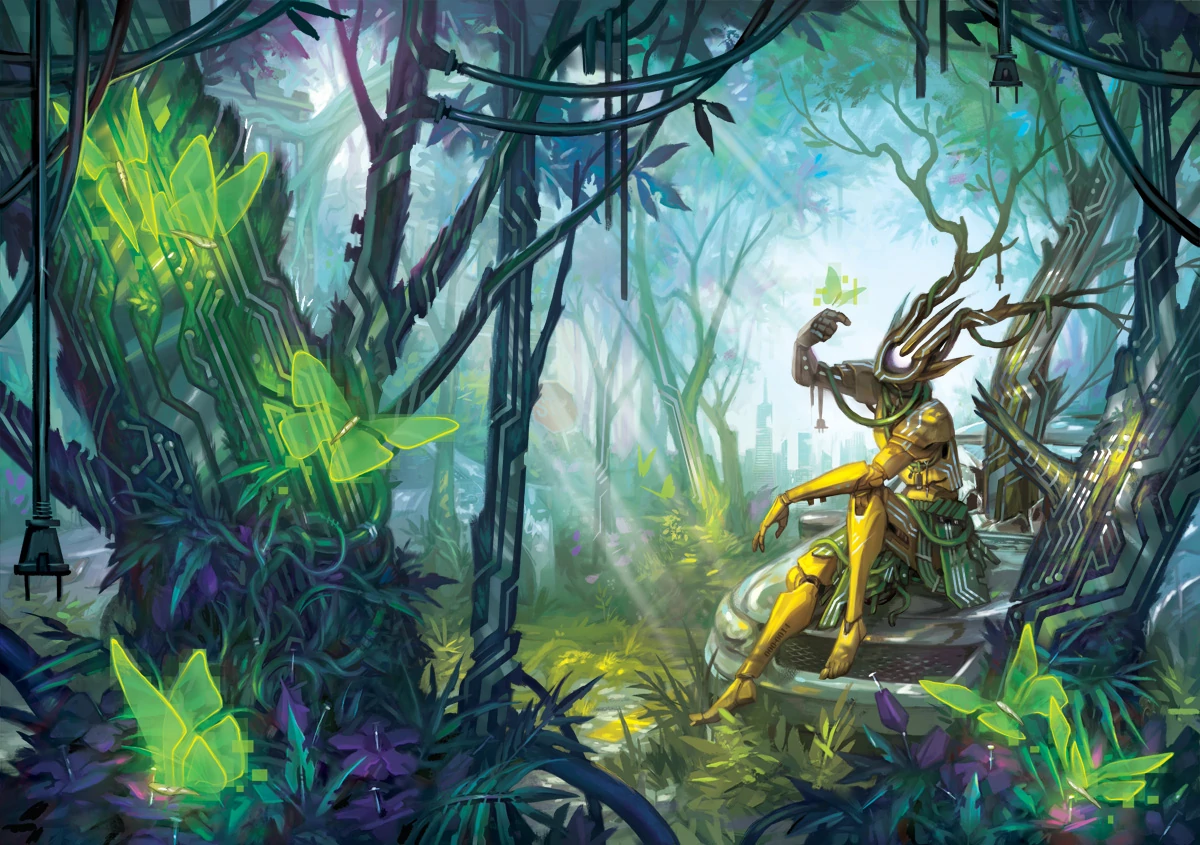
Meet Our Fall 2022 Interns!
Words By Azalea Acevedo, Eliza Browning, JP Legarte, Sam Burt, and Sarah Westvik
If you’ve ever met one of our wonderful F(r)iction staffers, you’ll quickly learn that almost every one of them was once an intern in our Publishing Internship Program.
This program is run by our parent nonprofit organization, Brink Literacy Project. While our publishing internships are a great way to get a crash course in the literary industry, they can often provide a path to what can become a long and rewarding professional relationship. For more information, please visit the internship page on the Brink website.
Azalea Acevedo
she/her
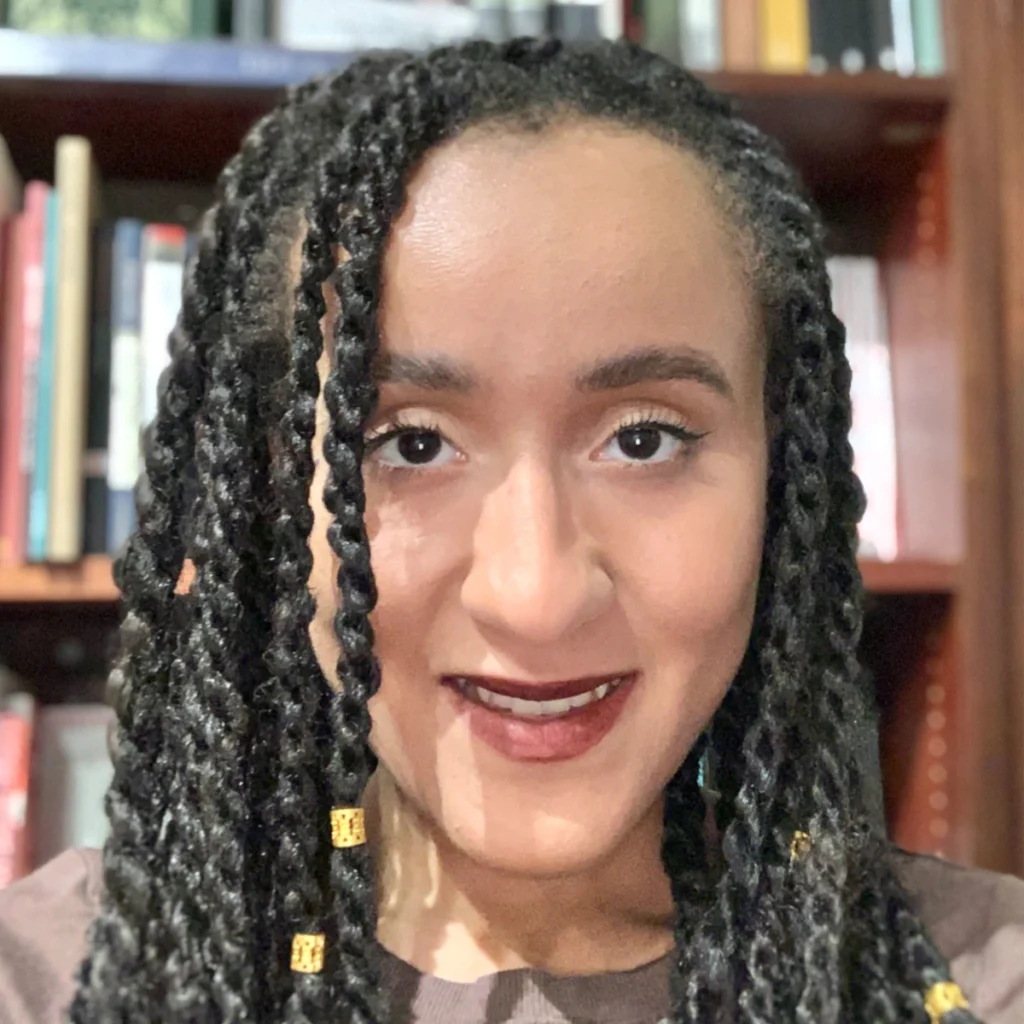
What is your favorite place to read?
Curled up in bed or by a window.
You’re walking up the side of a mountain along a winding, wooded path. You look to your left and discover, by chance, a door in the side of the mountain. Do you open it, and if so, where does it lead?
I approach it slowly, scoping it out. What’s behind the door? It could be Narnia. It could be a trap. The ornate carvings of fairies, elves, and ivy pull me closer. It’s more likely a trap. I back away and leave as fast as possible.
How do you take your coffee? If you don’t drink coffee, describe your favorite beverage ritual.
Always with milk and sugar. There must be enough milk to turn the coffee from black to beige, and exactly 1 tablespoon of sugar. Any more is too sweet, and any less, too bitter.
What is your favorite English word and why? Do you have a favorite word in another language?
Supercilious. For one, it sounds made-up. Real words that could easily be fake are my favorite, as it keeps everyone guessing. Also, the fact that it sounds silly adds deeper meaning, as it highlights the ridiculousness of the person described.
You’re on a deserted island. You have one album and one book. What are they and why?
I have a really hard time picking favorites as my taste is varied, but if I had to choose, they would be Fleetwood Mac’s eponymous album and Jane Eyre. I find the album aurally interesting enough to want to hear over and over. As for Jane Eyre, part of me connects with her awkwardness and growth into a braver character. I also admire that she sticks to her convictions, so I enjoy reading her as a character.
If you could change one thing about the literary industry, what would it be?
This is a hard one to answer, but I think I would raise its profile and make it more accessible. Literary fiction and nonfiction has a reputation for being stuffy or elitist, which it can be at times. However, I think this is a space that has the potential to uplift marginalized and lesser-known voices in a way more commercially-minded publishers cannot.
Eliza Browning
she/her
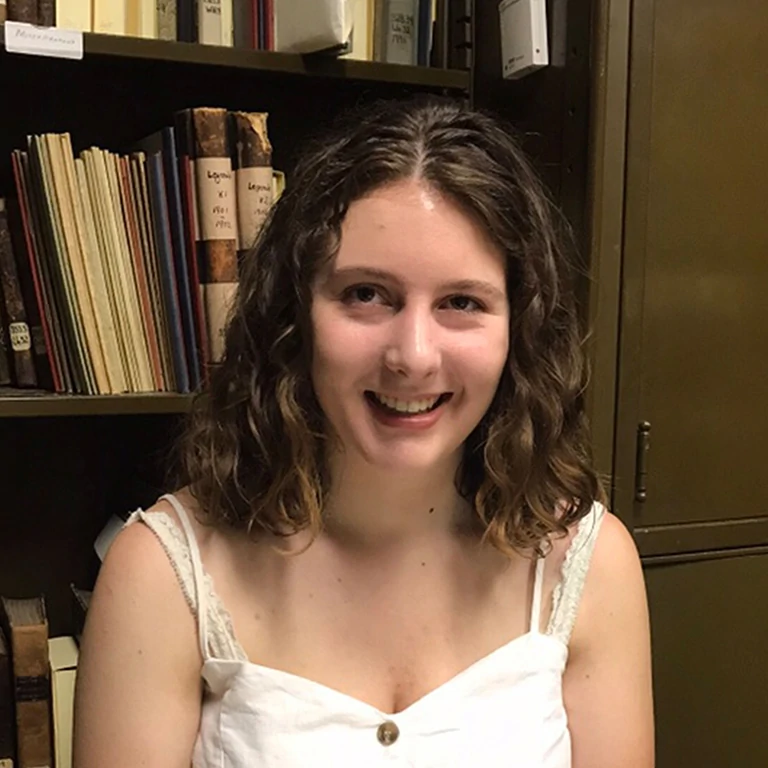
What is your favorite place to read?
Curled up in a window seat or hammock outside!
You’re walking up the side of a mountain along a winding, wooded path. You look to your left and discover, by chance, a door in the side of the mountain. Do you open it, and if so, where does it lead?
I would open it to discover a network of winding, interconnected tunnels leading deeper into the mountain. Whether I would be brave enough to explore is another question…
How do you take your coffee? If you don’t drink coffee, describe your favorite beverage ritual.
I love lattes with fun flavors like matcha, jasmine or lavender.
What is your favorite English word and why? Do you have a favorite word in another language?
My favorite English word is sarsaparilla (also my favorite flavor of soda)! My favorite word in another language is pamplemousse.
You’re on a deserted island. You have one album and one book. What are they and why?
Phoebe Bridgers’s Stranger in the Alps and Helen DeWitt’s The Last Samurai – both witty, layered, nuanced and worthy of returning to again and again.
If you could change one thing about the literary industry, what would it be?
Greater mentorship and opportunities for students and young professionals and equitable pay.
JP Legarte
he/him
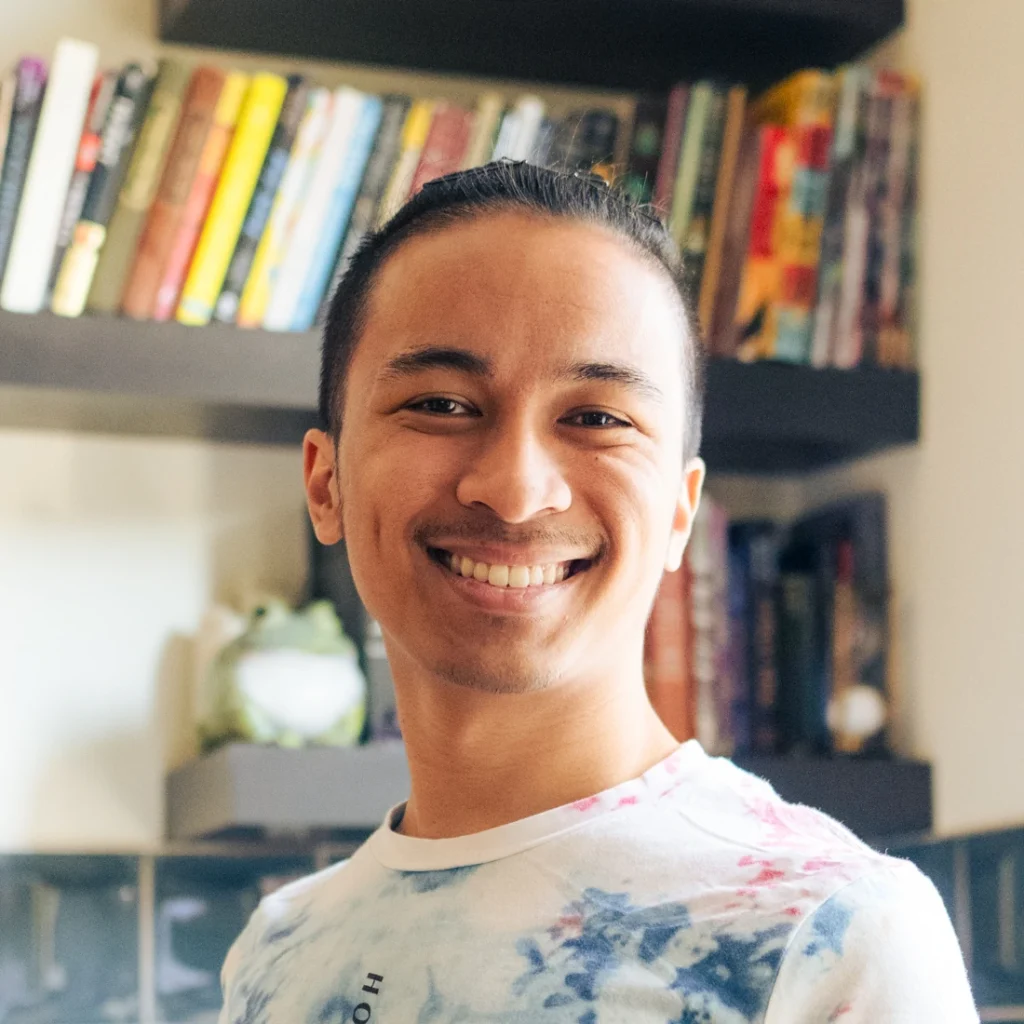
What is your favorite place to read?
My favorite place to read on the University of Illinois at Urbana-Champaign campus has to be Caffe Paradiso, one of the many cafés in the area. While I enjoy reading at cafés in general, I especially enjoy Caffe Paradiso because I consider the place to be beautifully rustic and quaint. There is a sense of the warmth of home in the atmosphere. The coffee sounds are also nice background noise as I read a good book. In addition, Caffe Paradiso does hold poetry open mics throughout the school year, and I am planning on performing at some of them in the future!
You’re walking up the side of a mountain along a winding, wooded path. You look to your left and discover, by chance, a door in the side of the mountain. Do you open it, and if so, where does it lead?
As I scan the door embedded in the side of the mountain, I inch closer to its location. The only sounds that pierce the silence are my footsteps on the gravel and the strong breezes breaking against the leaves of the surrounding trees. The brass doorknob, the slightly chipped wood, its curious location—my intrigue only grows as I place my hand on the knob, taking one last look around me to see if anyone else has seen what has transpired. Pushing forward, I step into what seems to be a blinding light before I stumble onto some pavement in a place I do not immediately recognize. However, amidst the darkness around me, a pillar of light protrudes through the shadows, and I notice it—the Eiffel Tower, a glowing crown in the royalty that is Paris, the city of love and light. Meandering around and taking in the full beauty of the tower, I nearly run into what must have been a high school boy and soon realize the boy’s brown skin, the not quite long black hair, and the grey shirt—this younger me that traveled to Paris four years ago, a walking memory I still grasp close in my reflections of who I once was. I soon note another door in the side of a brick wall that does not match the design of the other doors and approach it, the light of the tower leaving a soft glare in the distance.
How do you take your coffee? If you don’t drink coffee, describe your favorite beverage ritual.
I feel like I’m one of the few people who love my coffee without any sugar or cream! I just really enjoy the strong, even bitter taste of black coffee that provides a great energy boost in the morning or whatever time I decide to drink it.
What is your favorite English word and why? Do you have a favorite word in another language?
My favorite English word is entropy, which broadly defined by Merriam-Webster is the degree of disorder or uncertainty in a system. This is my favorite word because I once had a poetry Instagram account called @unspokenentropy. (I now post everything poetry-related on my personal Instagram account.) For context, I consider the words I have yet to write on paper or in a Word document as exactly that—unspoken entropy floating in the recesses of my mind and thoughts. From there, I then see the creative works I write as entropy that is mostly harnessed since I do believe there is always still a degree of entropy within any individual’s writing, with that back-and-forth between entropy and order creating opportunity for beauty and reflection.
You’re on a deserted island. You have one album and one book. What are they and why?
The one book I would have is Anis Mojgani’s In the Pockets of Small Gods, and the one album I would have is Before We Go by Brasstracks. I would choose Anis Mojgani’s In the Pockets of Small Gods because Anis Mojgani explores grief, the beauty and pain of memory, and the uncertainty yet opportunity of the future in such a personal, authentic, and captivating way as he weaves together his own experiences. More generally, I am a big fan of Anis Mojgani’s work, and he is one of the poets that influenced me to start writing my own poetry. I would choose Before We Go by Brasstracks because Brasstracks integrates brass instruments into their songs that span and combine hip-hop, R&B, soul, and even other genres of music. I feel like Brasstracks’ songs would keep me energized and even upbeat on the deserted island.
If you could change one thing about the literary industry, what would it be?
One change I would like to see and work toward within the literary industry is the provision of a greater number of opportunities for people of color to break into the industry itself. With so many people of color like myself seeking to be published and pursuing opportunities to work in the industry, I believe that this shift is essential to reflect the growing number of diverse voices within writing, publishing, and editing overall.
Sam Burt
he/him
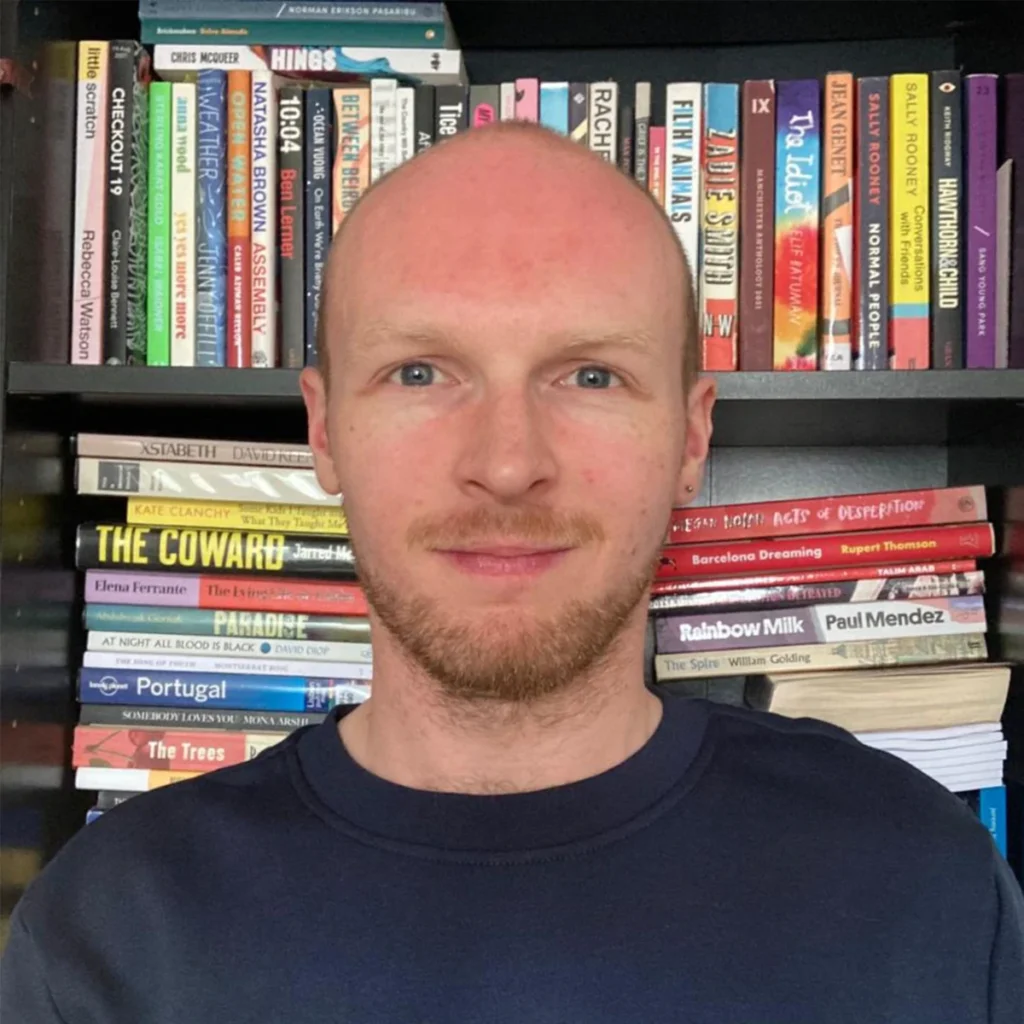
What is your favorite place to read?
Definitely at home – I get too easily distracted. On the bed or sofa, anywhere I can lie down – so there is no discomfort to distract, however small. I live in east London but my street is quiet and residential, providing a thin veil of white noise – frequent buses and cars, infrequent passersby making inaudible conversation – while sparing me from either loud music or excessive, expectant peace. The only problem is getting coffee refills while recumbent, but I’m working on that.
You’re walking up the side of a mountain along a winding, wooded path. You look to your left and discover, by chance, a door in the side of the mountain. Do you open it, and if so, where does it lead?
I try to open it, but at first it seems to be sealed shut with some kind of magic (actually, I just missed the ‘please pull’ sign). Inside is a corridor and a dishevelled man in rags – who might be anything from 40 to 60 years old – races towards me, then drops to his knees and kisses my hands vigorously. He thanks me, over and over, for setting him free: he tells me he is the architect of this secret retreat, and that he’s been trapped here ever since. For twenty years he had pulled and pulled with all his might, but no luck!
How do you take your coffee? If you don’t drink coffee, describe your favorite beverage ritual.
By the cafetiere/jugful. Preferably max-strength with oat milk and – a recent development – ice cubes (you can drink more, in less time, when it’s cold).
What is your favorite English word and why? Do you have a favorite word in another language?
At the risk of seeming facetious, I find a well-placed ‘the’ very pleasing. For example, the English post-punk band ‘The The’, ‘The Red and the Black’, and ‘The Temple of the Golden Pavilion’. I’m not sure why, but it lends the work a sense of gravity; perhaps it signals self-confidence on the writer’s part, which can be infectious.
Otherwise…‘greengages’.
You’re on a deserted island. You have one album and one book. What are they and why?
Album: ‘Glassworks’ by Philip Glass. It’s somehow both calming and stirring, which I think I would need in order to get anything useful done.
Book: Maybe the Gormenghast trilogy. It has a huge cast of characters (to stave off loneliness) and Mervyn Peake was really a genius at finding dramatic potential in tedium.
If you could change one thing about the literary industry, what would it be?
It needs to advertise itself more to kids at a young age, and especially those from backgrounds underrepresented in the industry. Speaking as a pupil from a working-class background who went to a prestigious university, I’m not sure how I remained unaware of this career option for so long…
Sarah Westvik
they/them
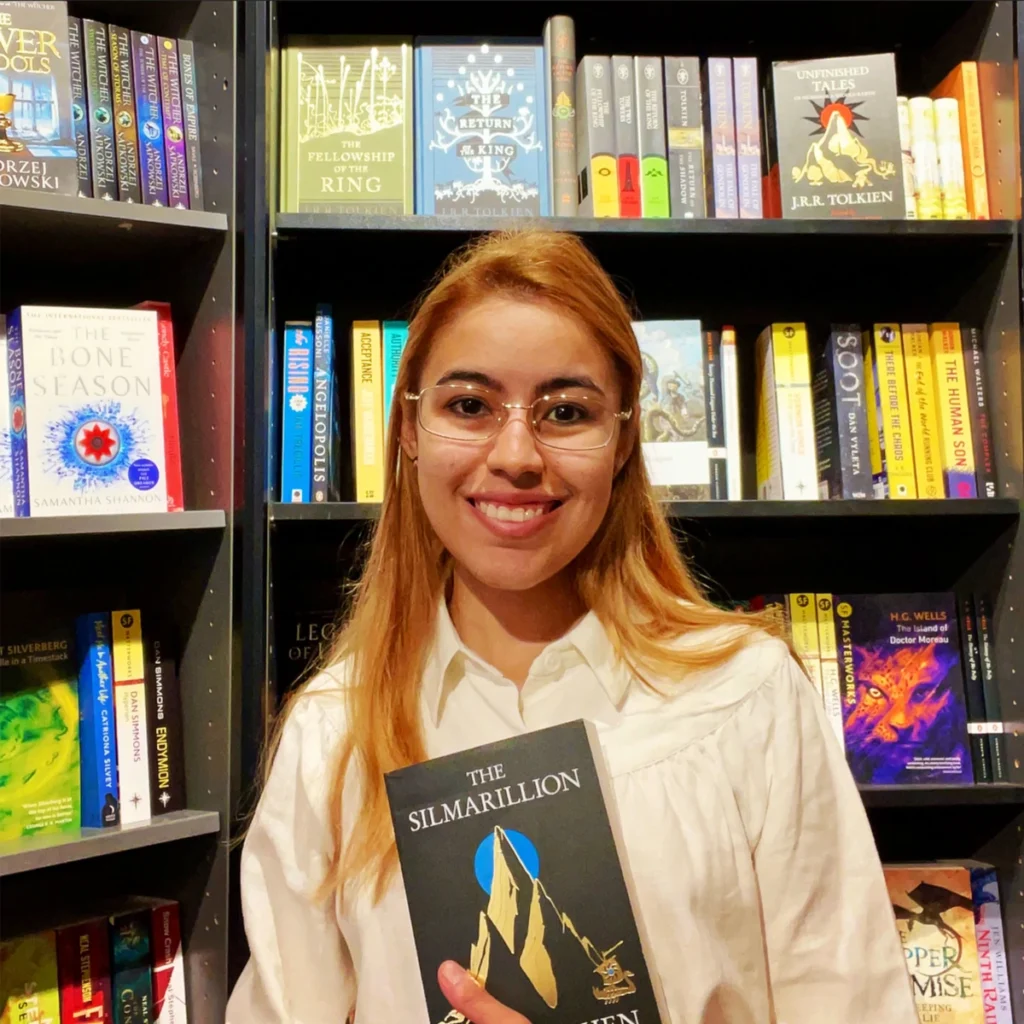
What is your favorite place to read?
It varies! Sometimes I read from bed to unwind after a long day of studying; other times, I go to my favourite cafe and read a few chapters over an ice latte. I like to take notes in a little notebook while I read, so the latter is often preferable as there is a table!
You’re walking up the side of a mountain along a winding, wooded path. You look to your left and discover, by chance, a door in the side of the mountain. Do you open it, and if so, where does it lead?
I would probably look around the door for clues as to its origin first, and I think I would actually knock before trying the knob–after all, a closed door, whether appearing abandoned or not, can be assumed to signal someone on the other side. If there is no response, I think I would try it, and I would hope it is a (two-way) portal to somewhere bright and magical.
How do you take your coffee? If you don’t drink coffee, describe your favorite beverage ritual.
Milk no sugar! If it’s a hot day, then ice, too. If I’m brewing it myself I tend to add cardamom and cinnamon and just a bit of honey, because it makes the coffee that much more cosy.
What is your favorite English word and why? Do you have a favorite word in another language?
This is a bit of a trick question as my favourite English words tend to be Greek loanwords, chief among them being “anonymous”. I adore the cadence of it as well as its written aesthetic (the “y” intercepting four letters–two consonants and two vowels–on either side). I’m also partial to the words “nuclear” and “adrenaline”.
You’re on a deserted island. You have one album and one book. What are they and why?
This question is forcing me to complete the impossible task of choosing between The Unfinished Tales and The Silmarillion, both by J.R.R. Tolkien, but I would probably choose the latter for the flow—if not the completeness—of the narrative, which has been deeply important to my life. As for the album, it’s probably Florence + The Machine’s Ceremonials. Every song on that album is a gem that is both transformational and transporting.
If you could change one thing about the literary industry, what would it be?
Barriers to entry in traditional publishing. There needs to be more openness to a variety of stories (thematically and genre-wise) by authors from historically underrepresented groups, so that they don’t get boxed in to writing just one kind of story or gatekept to toe the line of one kind of perspective, particularly as regards their individual marginalisations. On top of that, there should be more support (especially regarding marketing) for authors who aren’t bestsellers, especially debuts and, again, those who are underrepresented in the industry.